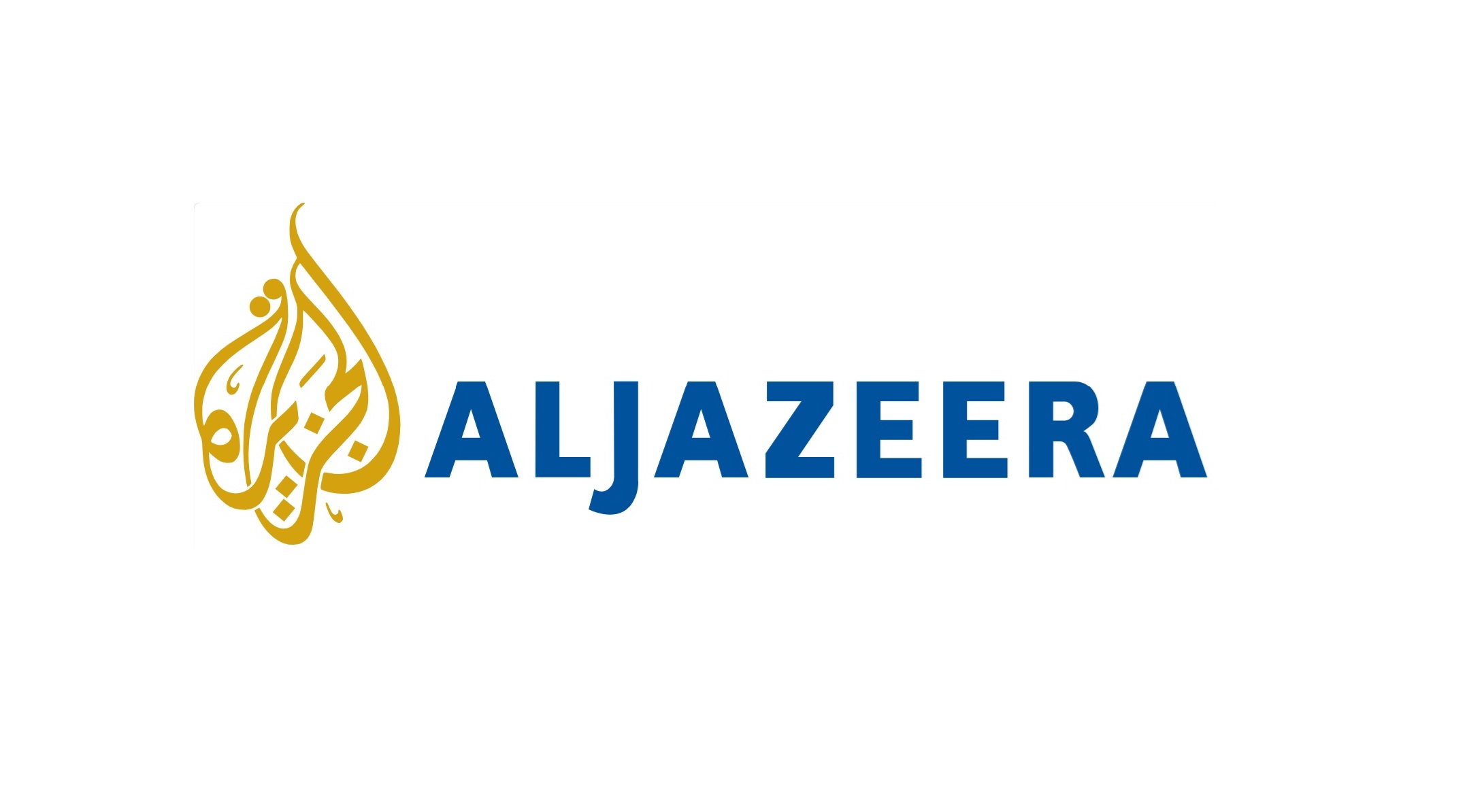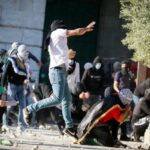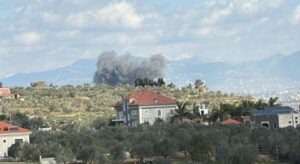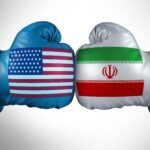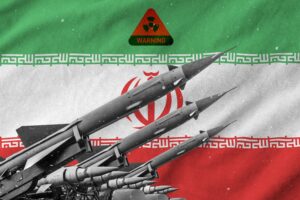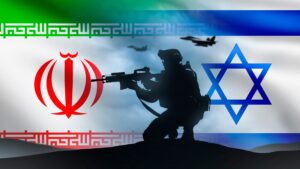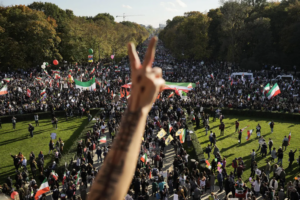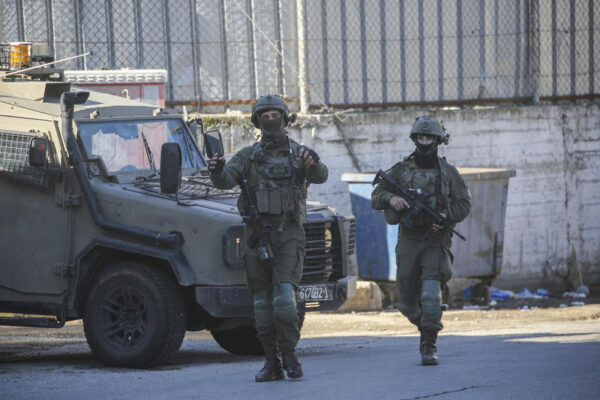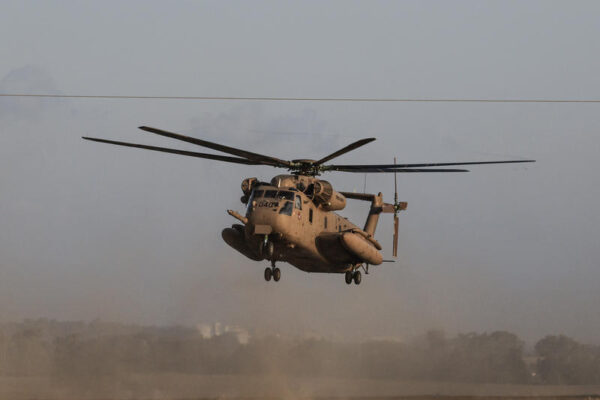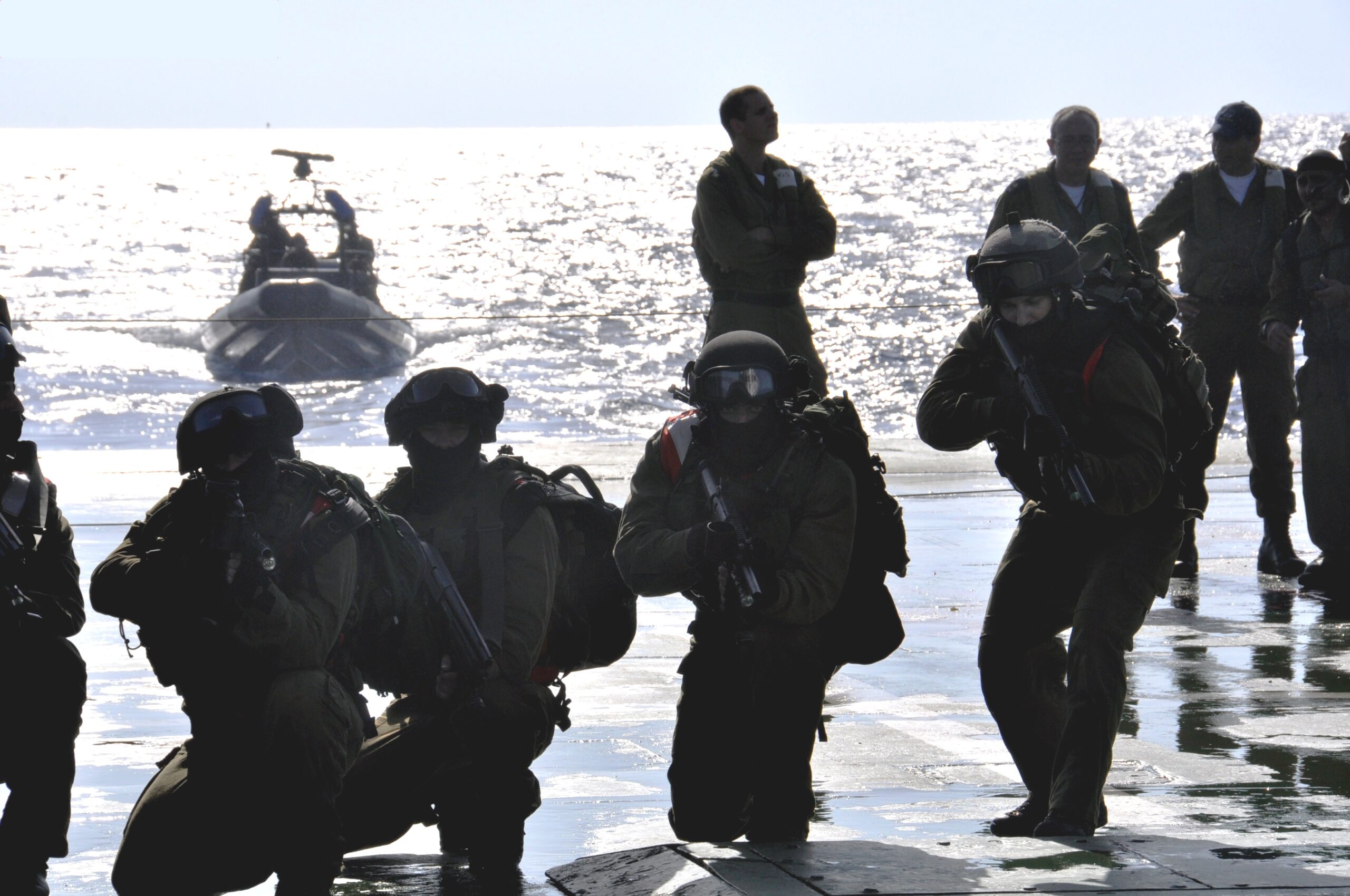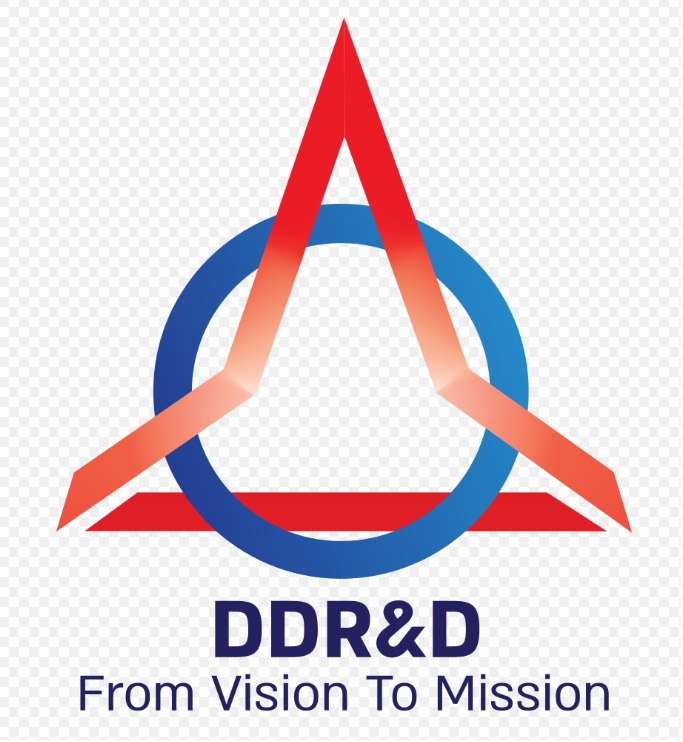The network repeatedly endangered IDF soldiers by broadcasting live footage of Israeli troop movements in Gaza.
By Hezy Laing
As one of the of the world’s largest media outlets Al Jazeera has immense influence on global affairs. Unfortunately, a lot of that influence has been used to slander the IDF and the State of Israel.
Israeli officials and analysts have long criticized Al Jazeera for its negative portrayal of the IDF through its field reporting, editorial coverage and international advocacy. These accusations intensified during the 2023–2025 war with Hamas.
During the recent war, Al Jazeera repeatedly aired footage of destruction in Gaza of what it called “hospitals”, “schools”, and “residential” buildings without acknowledging that Hamas terrorists were operating from inside them.
In one segment aired on November 3, 2023, the network described an Israeli airstrike on Al-Shifa Hospital as a “massacre,” despite IDF evidence that Hamas was using the hospital as a command center.
This omission distorted the context and inflamed international opinion against Israel.
Al Jazeera’s coverage frequently uses terms like “Israeli occupation forces,” “massacre,” and “siege,” framing the IDF as aggressors rather than defenders.
Reports often highlight civilian casualties and destruction in Gaza, while omitting Hamas tactics of using human shields.
It also refuses to admit that Hamas supports the destruction of the State of Israel (as stated outright in its constitution).
In addition, Al Jazeera has repeatedly claimed that Israel is deliberately targeting “journalists”, despite the fact that most of these so-called journalists were actually Hamas operatives.
Due to the network’s inciting of violence against Israelis, spreading disinformation, and endangering IDF troops by broadcasting troop movements and strategic locations Israel banned Al Jazeera from operating within its borders in 2024.
Al Jazeera’s reporting has shaped international opinion, especially in the Arab world depicting Israel as a vicious aggressor.
This coverage fuels diplomatic pressure and delegitimizes IDF operations, while Al Jazeera defends its work as essential journalism in a war zone.
The network also repeatedly endangered IDF soldiers by broadcasting live footage of Israeli troop movements in Gaza. This coverage could be used by Hamas to target soldiers.
The IDF called this tactic “reckless and operationally dangerous.”
During the Israeli war with Iran – the channel even used proxies to relay the location of Iranian missile strikes, helping the Islamic regime to better target Israeli civilian centers.
These examples have fueled accusations that Al Jazeera’s coverage crosses the line from editorial bias into active disinformation, especially during wartime.
The network depicts itself as objective and balanced. But Al Jazeera is not a private outlet. It is owned and operated by the Qatari government, working as its mouthpiece.
Despite the fact that Qatar is not a democracy and does not allow free speech, Al Jazeera repeatedly criticizes Western governments and Israel in particular of stifling Islamic radicals.
Al Jazeera influence is enormous. It commands a global audience of over 40 million viewers, making it one of the most influential media networks in the Arab world and a significant player in international journalism.
With bureaus in over 70 countries and content in Arabic, English, Turkish, and Bosnian, Al Jazeera competes on a global level with Western media giants like CNN and BBC.
Meanwhile Al Jazeera’s digital content is widely shared across platforms like YouTube, X (formerly Twitter), and TikTok, extending its reach beyond traditional broadcast audiences.
It also has a popular English-language website, which receives approximately 42.4 million visits per month, with top traffic coming from the United States (34%), United Kingdom (9%), Canada (8%), India (5%), and Australia (4.6%).
The audience skews slightly male (58.88%) and is dominated by the 25–34 age group, indicating strong engagement among younger, globally connected viewers.
In countries like Egypt, Jordan, and Saudi Arabia, Al Jazeera has historically dominated satellite news viewership—garnering up to 66% market share in Egypt and 62% in Jordan during peak periods.
Its coverage has influenced diplomatic discourse, fueled protests, and shaped narratives around conflicts in Gaza, Syria, and Iraq.
It’s also been accused by various governments including Israel, Saudi Arabia, and the U.S. of bias or incitement, underscoring its controversial but potent role.
Throughout the Gaza conflict, Al Jazeera provided a global platform for leading Hamas terrorists such as Ghazi Hamad and Abu Obaida, interviewing them without challenging their claims.
In one October 2023 broadcast, a Hamas spokesperson denied targeting civilians during the October 7 massacre, and the anchor did not push back or present contrary evidence.
In fact, in its initial coverage of October 7th, Al Jazeera avoided using terms like “massacre” or “terrorist attack”, instead referring to the events as a “military operation” or “incursion” by Hamas.
Hours after Hamas’s October 7 massacre, Al Jazeera even aired an inciteful speech by Hamas military chief Mohammad Deif urging Palestinians to “kill, burn, destroy” Israelis.
Media watchdogs like CAMERA and Honest Reporting have slammed Al Jazeera’s journalistic malpractice and accused the network of functioning as a propaganda outlet.
Leaked documents show that Al Jazeera has a policy of depicting Israel negatively and Palestinians positively – regardless of circumstances.
Al Jazeera’s internal style guide reportedly instructs journalists to refer to all Palestinian deaths—civilian or militant—as “martyrs,” reinforcing a narrative that glorifies violence against Israelis.
Documents recovered by the IDF in Gaza show coordination between Al Jazeera and Iran-backed groups like Hamas and Palestinian Islamic Jihad, including media guidelines for covering failed rocket launches.
Al Jazeera also labels all Israeli-controlled areas—including those within internationally recognized borders—as “occupied,” reinforcing delegitimization of Israel’s existence.
In addition to all this the network has also been slammed for frequent antisemitism.
For example, the network’s Arabic-language platform AJ+ published a video questioning the Holocaust death toll and suggesting Israel exploited the tragedy for political gain. The video was removed after backlash, and two journalists were suspended.
A 2024 report by the Combat Antisemitism Movement found that nearly one-third of profiles engaging with AJ+ content on X and TikTok were fake accounts spreading antisemitic and anti-Israel propaganda.


